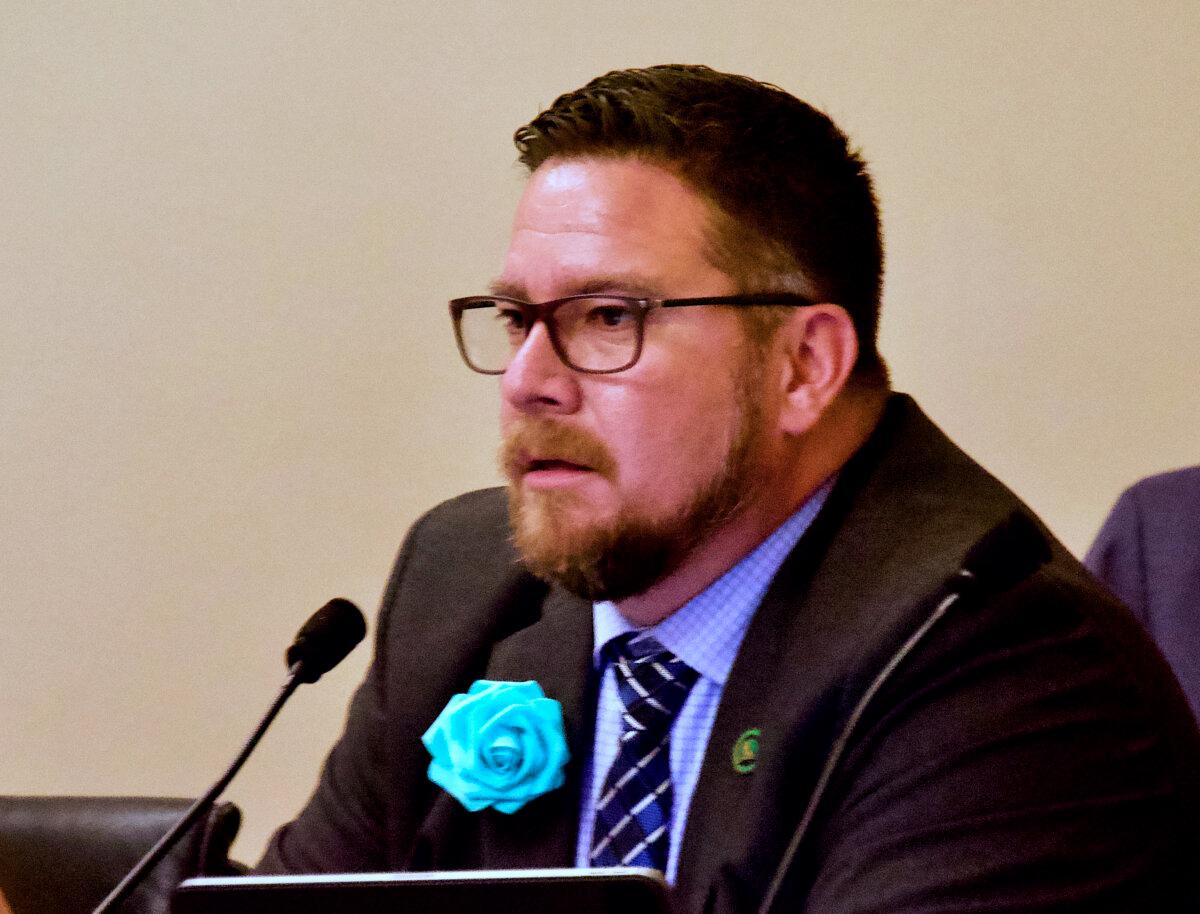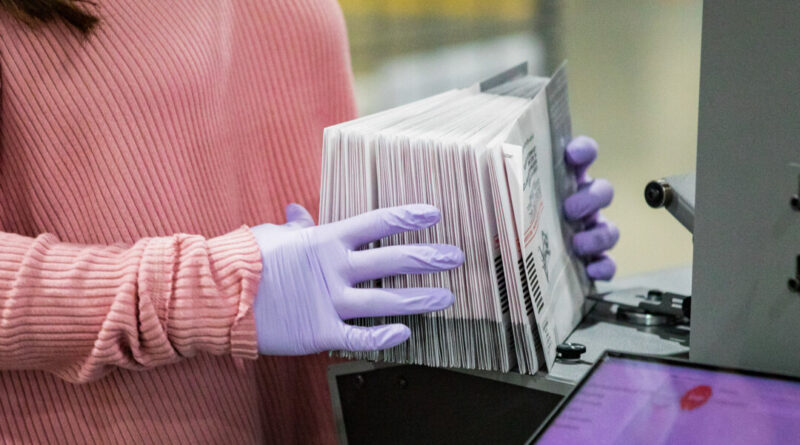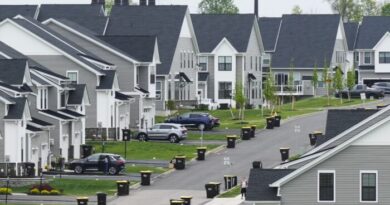Proposed Legislation Aims to Accelerate Vote Counting in California Counties
In the wake of election results taking a month to confirm a victor, a lawmaker from the Central Valley is striving to restore the public’s confidence in the electoral process.
Republican Assemblyman Juan Alanis of California has put forth two bills slated for consideration in 2025, which aim to tackle election-related concerns raised by his constituents. These concerns include the speed of ballot counting and confusion surrounding district boundaries, as outlined by his office.
“This is unacceptable and quite embarrassing for all Californians,” Alanis stated in a message sent to The Epoch Times. “Nations with similar populations and geographical sizes can report their election results in mere hours. We can and must do better.”
The proposed bill details that processing encompasses tasks such as verifying signatures, opening envelopes, extracting ballots, duplicating damaged ballots, preparing tally forms, incorporating write-in votes, and counting ballots via machine.
Vote processing centers must be accessible to the public, and officials are required to notify the public 48 hours in advance of any processing and counting activities, in accordance with state law referenced in the bill’s text.
Election officials are barred from announcing any vote counts until polling stations close on Election Day.
Should it win legislative approval and receive the governor’s signature, AB 16 will reduce the time taken to compute results, according to Alanis.
Election officials attribute some of the delays to mail-in ballots, which can arrive as much as 10 days post-election, along with longer processes for signature verification and ballot curing—where issues are rectified—which take more time than in-person voting to ensure election accuracy and security.
California was noted as the slowest state to report results this year, and its procedures generally take longer than those of most others, according to election officials.
“We cannot certify our election until we have resolved all mismatched signatures and any missing signatures,” Katrina Bartolomie—summary clerk and registrar of voters for Mendocino County—explained to The Epoch Times via email.
Alanis acknowledged the obstacles counties face and emphasized his commitment to finding solutions that prioritize both speed and accuracy.

Assemblyman Juan Alanis interrogates opposition witnesses regarding Senate Bill 1414 during the Assembly Public Safety Committee hearing at the Capitol in Sacramento, California, on July 2, 2024. Travis Gillmore/The Epoch Times
“I acknowledge that our local election officials diligently work to uphold the integrity of our electoral process,” he remarked. “However, we must confront the policies imposed by Sacramento that are directly leading to excruciatingly slow ballot counting and diminishing public trust.”
The Central Valley lawmaker has promised to seek resolutions, stating that the issue is a self-created problem by the Legislature.
“Ensuring correctness is more important than speed,” she emphasized.
“The time taken to process ballots protects voters’ rights and maintains the integrity of the election. California is dedicated to safeguarding voting rights and has instituted several measures to ensure these rights are upheld, including same-day voter registration, provisional ballots, and the postmark-plus-seven-days rule for mail-in ballots.”
“It’s critical now, more than ever, to take measures to restore public trust and increase civic engagement in our electoral system,” Alanis asserted. “Voters should have transparent access to the boundaries and geographical lines that pertain to their voting responsibilities.”
With bipartisan legislation anticipated in the coming months, the assemblyman looks forward to collaborating across party lines to enhance the state’s electoral protocols.
“I am committed to dialogue, discussion, and debate on these initiatives,” Alanis stated.
“I recognize that this topic is sensitive for many. Achieving progress will necessitate real, honest conversations and substantial effort. I’m here to work with anyone willing to improve the efficiency of our elections.”
Lawmakers will reconvene on January 6, 2025. In the weeks following, the rules committee will allocate the election bills and others for respective committee discussions and debates.





